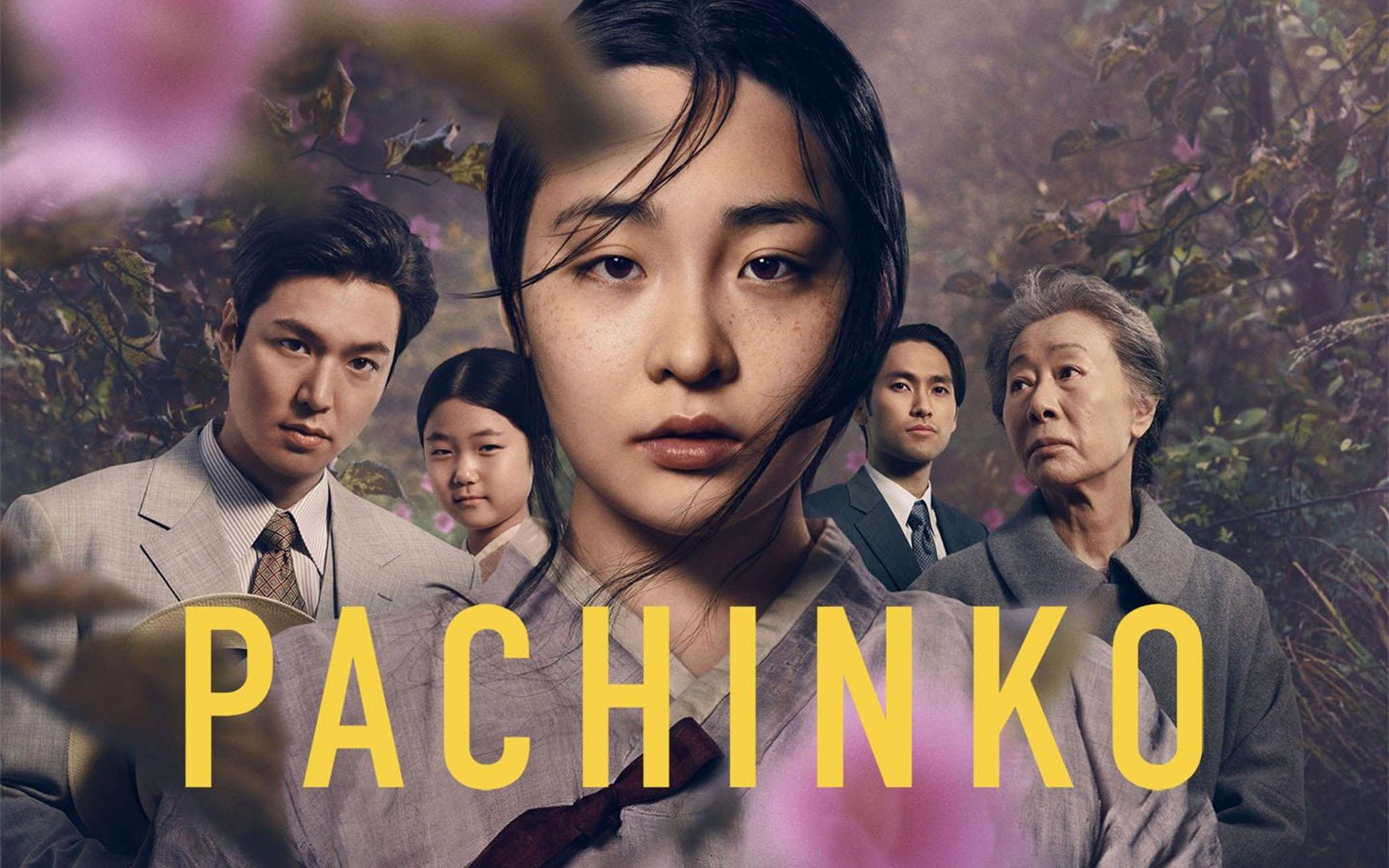During my childhood in the 1980s I remember sitting down with my parents to watch Alex Haley’s Roots. They told me, “We must watch it. It is America’s history.” I always found it peculiar that they didn’t say, “This is our history.” All my life, my parents have ingrained in me that I am an American. Before dropping me off for my first day of school they told me, “You are an American. We are American.” Later on, when my parents received their naturalization, and by way of their citizenship, I received mine, my father said the five words that every Asian child longs to hear: “I am proud of you.” I may be overly scrutinizing the words of my immigrant parents, of whom English is a second language, but it stuck with me, nonetheless.
In Pachinko, a series on AppleTV+ starring Youn Yuh-jung as the older Sunja, I am beginning to sense the weight of my parents’ designation of our vs. American history, whether intentional or not. Pachinko is our history. Asian American, and more specifically, Korean American history. Having just concluded its eight-episode first season, the show connects multiple generations of one Korean family as they emigrate from Korea to Japan, and then again from Japan to America. It’s an adaptation of Min Jin Lee’s novel of the same name, and much like Haley’s Roots before it, the series broadens the scope of what it means to be a non-fictional fiction story. It’s a sweeping narrative and links common themes of oppression, subjugation, heartbreak, faithfulness, food, and love from a historically Korean perspective.
Personally, Pachinko has supplied images and color to the stories I would hear from the generations before me, especially the stories I would hear about the enslavement of the Korean people under Japanese colonial rule.
In one of the earlier episodes of the season, the men of the village gather around the table at the end of the day and enjoy a few drinks along with a fresh catch of abalone from the ocean nearby. One of them says, "But just wait. In time, they'll (the Japanese) find a way to take this from us too."
"Nonsense! How can anyone take the sea from us?"
"Don't talk like a moron. ... They grabbed our land. Snatched our rice, our potatoes, our fish. Ordered our women to stop wearing white. Those (expletives) made us eat like them, talk like them, but they'll never see us as one of them."
It’s a gripping scene, one that I felt instant connection to as a child of immigrant parents who has experienced my own version of otherness. After watching this first season, hoping for the next, I am left with a greater appreciation for what it means to have a story that I can call both our history and America’s history. (Apple TV+)
About the Author
Daniel Jung is a graduate of Calvin Theological Seminary and an ordained pastor in the Presbyterian Church in America. He lives in Northern California, where he serves as an associate pastor at Home of Christ in Cupertino.

